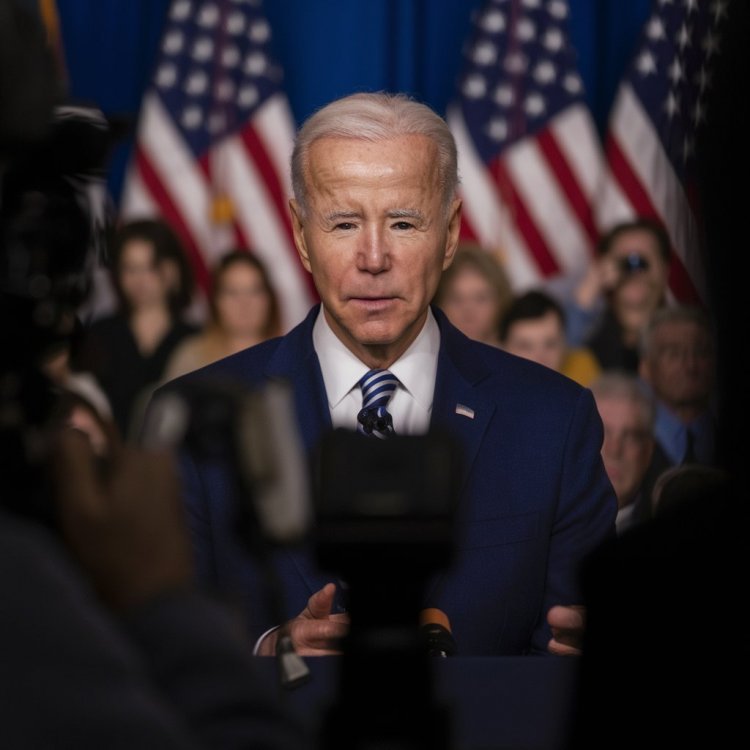Understanding the Implications of Biden's Decision to Drop Out of the 2024 Election
Understanding the implications of President Joe Biden's decision to drop out of the 2024 election and its impact on the Democratic Party and American politics.

In a surprising turn of events, President Joe Biden has announced his decision not to seek re-election in the upcoming 2024 presidential race. This announcement, made on [date], has sent shockwaves through the political landscape, prompting speculation and analysis about its potential implications for the Democratic Party, the 2024 election, and the future of American politics.
Biden's Announcement: Context and Reaction
President Biden, who assumed office in January 2021, cited [reasons for not seeking re-election, if provided in the article] as key factors influencing his decision. This development marks a significant moment in his political career, as well as in the broader spectrum of American politics.
The reaction to Biden's announcement has been swift and varied. Supporters have expressed understanding and respect for his decision, emphasizing his achievements during his tenure. Conversely, critics and political analysts have speculated on the potential ramifications for the Democratic Party's prospects in the upcoming election cycle.
Implications for the Democratic Party
With Biden stepping aside, the Democratic Party faces a critical juncture in shaping its future leadership and electoral strategy. The absence of an incumbent president seeking re-election opens up the field to a diverse range of potential candidates. This scenario presents both opportunities and challenges for Democrats aiming to maintain control of the White House.
One immediate consequence is the emergence of a wide-open primary race within the Democratic Party. Potential contenders may include prominent figures from within Biden's administration, seasoned politicians, and rising stars eager to seize the opportunity presented by Biden's decision.
Impact on the 2024 Election Dynamics
Biden's decision to not seek re-election fundamentally alters the dynamics of the 2024 presidential election. Without an incumbent president running, both major parties will need to recalibrate their strategies and messaging to appeal to voters. The Republican Party, now freed from the prospect of facing an incumbent, may adjust its campaign focus and nominee selection accordingly.
Moreover, Biden's announcement introduces an element of unpredictability into the electoral process. The absence of an incumbent often leads to more competitive and closely contested elections, as both parties vie for the opportunity to shape the country's future direction.
Biden's Legacy and Future Role
Beyond its immediate implications, Biden's decision invites reflection on his legacy and potential future role in American politics. As the 46th President of the United States, Biden's administration has grappled with a range of complex issues, from the COVID-19 pandemic to economic recovery and social justice reforms.
While Biden's presidency will be remembered for his policy initiatives and efforts to unite a divided nation, his decision not to seek re-election underscores his commitment to prioritizing the country's interests over personal political ambitions. This move also sets the stage for a new generation of leaders to step forward and shape the future trajectory of the Democratic Party and American politics at large.
Conclusion
President Joe Biden's announcement that he will not seek re-election in the 2024 presidential race marks a pivotal moment in American political history. This decision has far-reaching implications for the Democratic Party, the dynamics of the 2024 election, and Biden's own legacy as a statesman.
As the political landscape continues to evolve, all eyes will be on how Democrats navigate the post-Biden era and position themselves for electoral success. With the field now wide open, the upcoming months promise to be crucial in determining the future direction of American leadership and governance.
In summary, Biden's decision not to run for re-election reverberates across the nation, prompting reflection on his legacy and sparking a new chapter in the ongoing saga of American democracy.
What's Your Reaction?




















